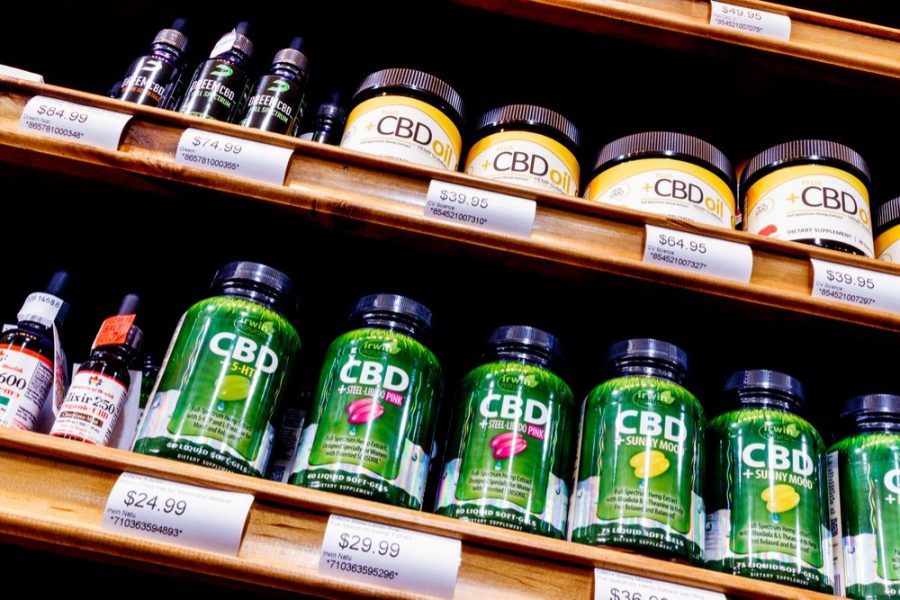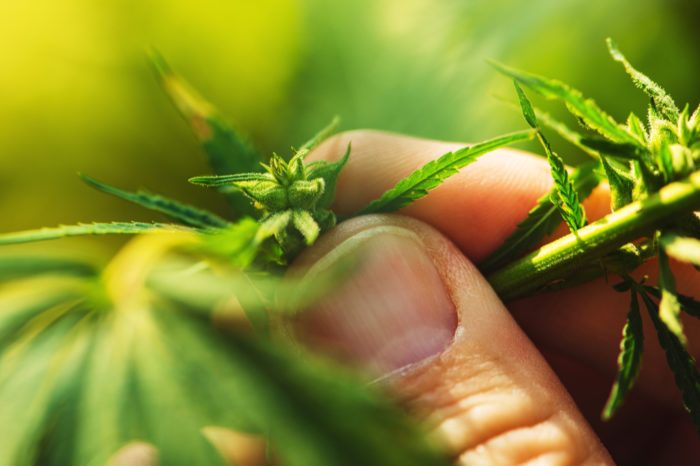On May 1st, Canadians will have a new ‘sin tax’ for THC.
A new system of evaluating taxes on legal topical, edible, and extract cannabis sales is coming May 2019. There will be no changes for seed or flower sales.
Now, cannabis is taxed by quantity or weight. The federal government’s 2019 budget decided, however, to start taxing certain cannabis products based on the THC concentration.
From May 1, 2019, an excise tax will apply to THC content. It will be more expensive, the higher you go. The government states that this proposed THC-based rate will contribute to simplifying the excise calculation for specific cannabis products. It will make compliance issues easier, especially those that cannabis oil producers deal with.
This seems suspiciously like a “stoner tax”, or for prohibitionists, a sin tax. After all, THC is the cannabinoid responsible for the psychedelic effects. Supporters of the tax say it is a way to help patients gain more affordable access to CBD, the cannabinoid most widely associated with medicinal purposes. Additionally, CBD does not produce a psychedelic effect.
Here follows a fragment from the new budget relating to cannabis tax changes:
“The proposed THC-based rate will help simplify the excise duty calculation for specific cannabis products and ease compliance issues that producers have encountered with respect to cannabis oils. Certain low-THC products (e.g., cannabis oils) will also generally be subject to lower excise duties than before, providing further tax relief for cannabis products typically used by individuals for medical purposes.”
Medical Cannabis Patients Will Still Write it Off
Whenever we hear about tax changes, or even simply paying taxes, everyone fears the worst. Nevertheless, this tax change is not a bad thing if you’re a medical cannabis user. Lisa Gittens, a tax professional at H&R Block explains that claiming cannabis on a tax return is not new. For more than ten years, Canadians were able to claim medical cannabis on tax filings. What people need to know now is what specifically to claim.
The 2019 budget proposes amendments to the current Income Tax Act to reflect the current regulations for taking medicinal cannabis. Qualifying medical expenses including those for cannabis products, could be eligible for a 15% tax credit. This will be taken into consideration if there is an above-average medical or disability-related expense that has an impact on an individual’s ability to pay tax.
To claim cannabis on your taxes, you must be an actual medical patient. It doesn’t matter if you are using cannabis for something like keeping dandruff at bay, or even if it is used to treat a legitimate chronic condition. A doctor has to sign the medical note to authorize it; otherwise, you will continue paying tax on legal medicinal cannabis.
Furthermore, all products have to come from a licensed producer. Once documentation is in order, you can claim anything spent on dried cannabis, oils, seeds, and plants.
Unfortunately, recreational cannabis and any costs related to growing or accessories, like lights, containers, fertilizers, vaporizers, capsules, or capsule filler machines and pipes can’t be claimed. If your grow is for licensed producers, some equipment can be claimed as a business expense.
Gittens says that Canadian taxpayers will be able to claim the value of their medical expenses, minus either $2,268 or 3% of their total net income – whichever is less.
Taxes On Cannabis is an Oft Forgotten Issue
Tax on cannabis has to be handled with precision and care. The idea of additional tax revenues has always been an important pillar of the legalization movement. If it is not handled carefully though, the rates can have a serious impact on the industry. We don’t want it confused as the “sin tax”.
Jim Marty, CPA, CVA, and CEO of Bridge West, an accounting firm whose focus is entirely on the cannabis industry, says that if taxes are too high, customers could easily turn to the black market. That would influence the regulated system. He states that taxes based on THC concentration or weight is not as important as the rates.

Marty referred to the problem that California experienced where local municipalities could add their own taxes atop those of the state. The result was an incredible 45 percent tax on cannabis sales for some customers! Unsurprisingly, it forced some California residents to turn to black markets. In a state like Colorado, the problem is less serious; cannabis tax is between 20-24 percent.
The move by Canadian leaders could motivate CBD producers. CBD products that have a low to no detectable THC level would be exempt from excise tax.
The government and Canada’s provinces will split the excise tax revenues. The provinces will receive 75 percent of cannabis tax revenues while the federal government will receive 25 percent. These rates will not change under the new regulation.
What do you think of the new tax? Sin tax, or great way to bring revenue from legalization?






